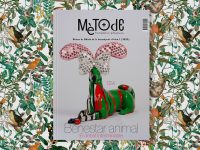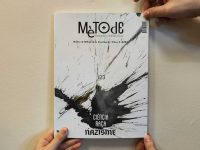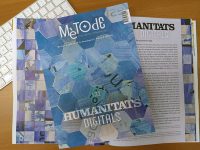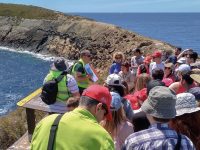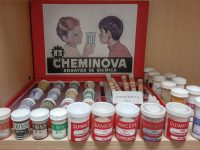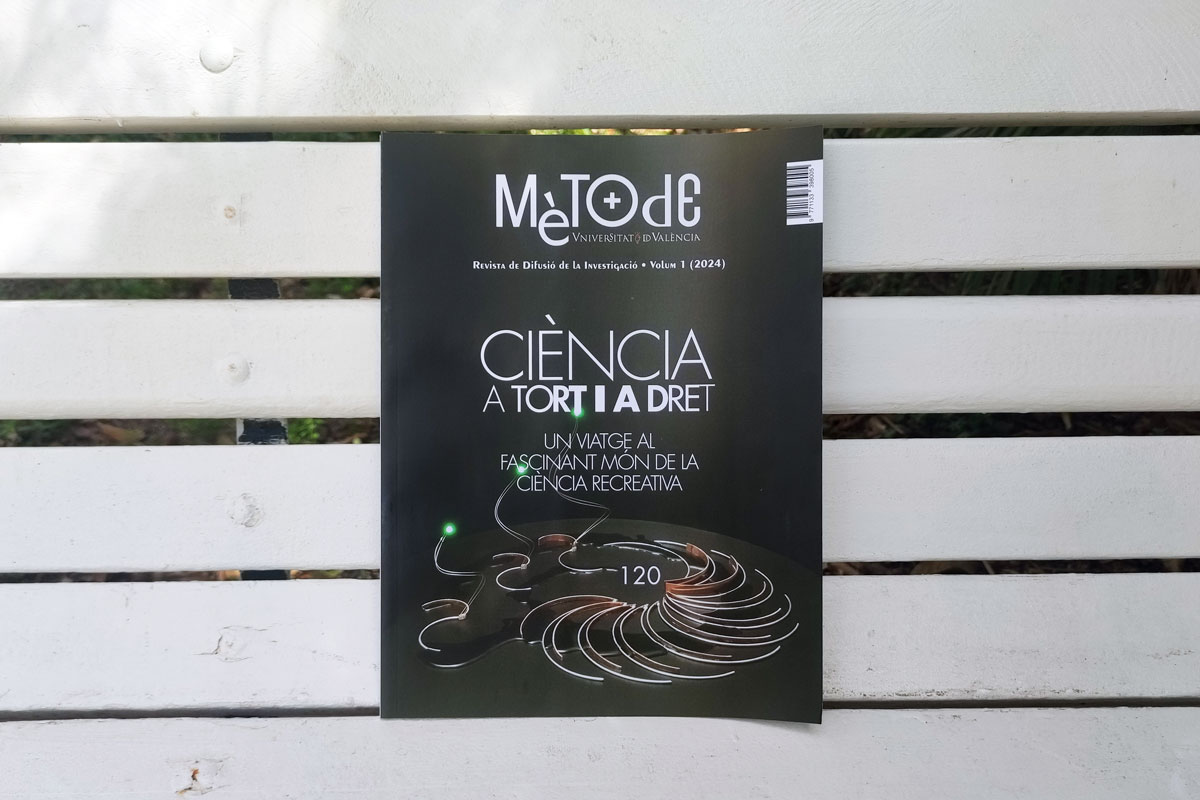
Science can be seen as a general and abstract concept, accessible only to students and academics dedicated to its understanding, but recreational science is a way to arouse the curiosity of the general public, to transmit knowledge in a more playful and accessible way. Issue 120 of Mètode focuses on this area of science popularisation and examines the various resources of recreational science as a means of communicating new scientific and technological advances to the general public.
Coordinated by Rafael García Molina, Professor of Applied Physics at the University of Murcia (Spain), the monograph focuses on the ability to combine pleasure and knowledge. In the monograph «Science anywhere and anyhow: A fascinating journey into the world of recreational science», the papers present the work of various authors on recreational science from different disciplines such as mathematics, physics or chemistry.
In this issue, the cover and works are by the visual artist and composer José Antonio Orts, whose works play with the interaction between electronics, light, sound, and the audience, in a combination of art and science.
A variety of themes
The new issue also brings us the surprising mystery of Géricault’s lost monomania, as well as a report on the Hypatia I space mission, the adventure of female scientists in the Utah desert to explore what life on Mars might be like. There is also an examination of the myth of psychopathy through the fictional character of Hannibal Lecter: what is real and what is fiction?
Also worth mentioning is an interview with Carlota Escutia Dotti, winner of the Jaume I Prize for the Environmental Protection, in which she talks about her expeditions to the Arctic and the measures needed to combat climate change.
At the end of the issue, Mètode includes sections by regular contributors such as Jesús Purroy, Alma Bracho, José Miguel Mulet, Gemma Marfany, and Pau Carazo.

